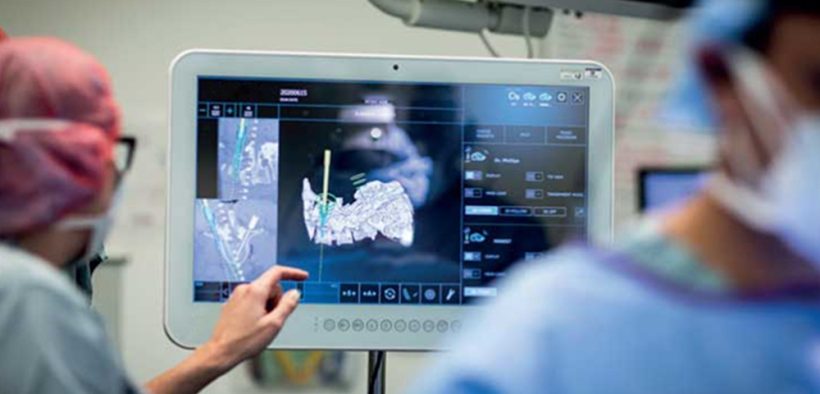China Achieves World First with Ultra-Remote Surgery via Satellite
Share

China has conducted the first-ever satellite-based ultra-remote surgeries, an innovation with potential applications in high-intensity combat and remote healthcare. Using the Apstar-6D broadband satellite, positioned 36,000 km above Earth, surgeons at the People’s Liberation Army General Hospital remotely performed five operations from locations in Tibet, Yunnan, and Hainan.

The patients, located in Beijing, underwent liver, gallbladder, and pancreas procedures using a domestically developed robotic surgical system. Remarkably, all patients recovered and were discharged the following day.
Data for each precise surgical movement traveled a total of nearly 150,000 km, demonstrating the feasibility, safety, and precision of such operations over vast distances. This breakthrough integrates medical expertise with advanced communication and robotic technologies, paving the way for trauma care systems that transcend geographic barriers.
Apstar-6D, launched in 2020, provides high-throughput broadband communication with a capacity of 50 Gbps, enabling extensive coverage across the Asia-Pacific region. However, the challenge of real-time data transmission across vast distances was addressed by an interdisciplinary team led by Dr. Liu Rong. Innovations like advanced data classification and Quality of Service (QoS) controls minimized latency to near-physical limits, making these surgeries possible.
This success is a significant step toward the normalization and commercialization of satellite-based surgeries, offering global 24/7 coverage and ensuring critical medical interventions can be performed anywhere in the world.








